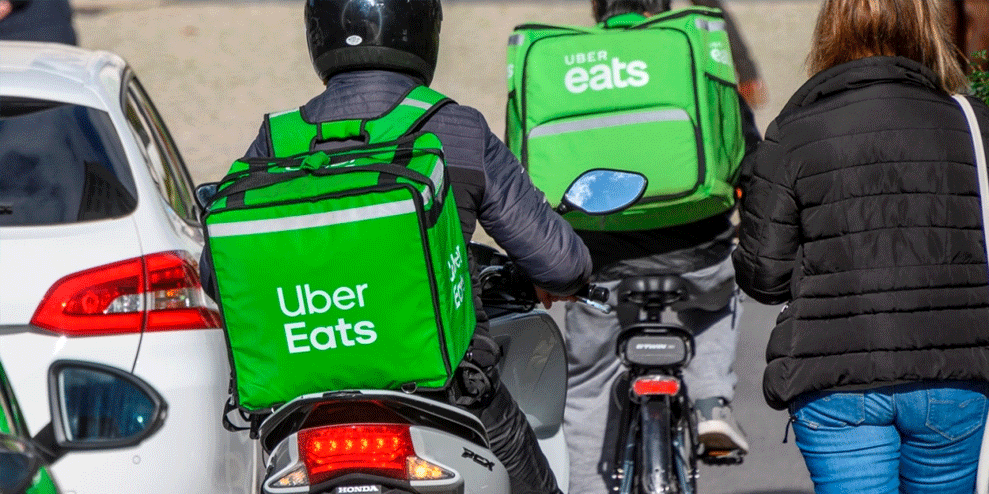Marketers have had to be nimble as they navigate these uncertain times. Real-time data and feedback have helped many companies stay on top of their marketing operations and reach consumers with relevant content amid the pandemic.
We recently spoke with Steven Wengrovitz, head of research at Uber Eats, and Maria Voronina, strategic planning manager for Australia at Chobani, about how they work with their teams cross-functionally to better understand what consumers want, as well as how they’re leveraging those insights to create more personalized experiences.
Wengrovitz: At Uber Eats, we look at things from a consumer perspective and from a restaurant [partner]perspective. We’ve done diary studies to understand how people’s attitudes or behaviors have changed. What was their experience like, what was new about it, and was there something we could’ve done to make it better?
Overall, a lot of companies are trying to get more reach and get new customers. That’s precisely what restaurants and other merchants have been trying to do throughout the COVID-19 pandemic. People who had never ordered delivery before through an app, and restaurants that had never participated in delivery, now want to be part of it.
We’ve done lots of foundational research on how restaurants think about driving new demand. So, how do we give restaurants insights about the people who visit them, so that they can make better, more informed, and actionable decisions?
Voronina: We’re in a slightly different situation. Obviously, we play in the retail and grocery spaces. And while the Australian market and the US market are quite different in the makeup, certain things hold true across both markets. We have a longer lead time for the new things we do, which is a bit of a luxury in comparison with Uber Eats. But [there are, nonetheless, times when]we have to act quickly.
What have you learned these past few months based on the data and insights you’ve collected?
Voronina: In an era when there is no shortage of information, there is such a thing as too much information. We have learned to tune out the noise.
We have to constantly re-evaluate. We can’t just conduct research and sit on it for months. We have to review a lot of data from all aspects—from the aspect of consumers, competitors, channels, and so on.
Wengrovitz: On the consumer side, a big thing that we have been focused on is understanding how to make it easy to search for and discover restaurants. It sounds really simple, but especially with lots of new restaurants coming in and lots of new people joining the platform, we want to make sure that that new experience is one that helps people, whether it’s with discovering new restaurants or finding offers that make it cost-effective for people to order delivery.
This article first appeared in www.emarketer.com
Seeking to build and grow your brand using the force of consumer insight, strategic foresight, creative disruption and technology prowess? Talk to us at +971 50 6254340 or mail: engage@groupisd.com or visit www.groupisd.com/story




